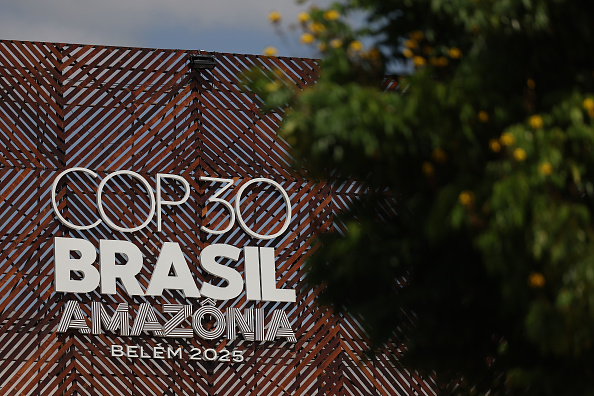India on Tuesday reaffirmed its commitment to the principles of equity, climate justice, and multilateralism at the opening plenary of the United Nations Climate Change Conference (COP30) held in Belém, Brazil. Delivering statements on behalf of the BASIC (Brazil, South Africa, India, and China) group and the Like-Minded Developing Countries (LMDC), India underlined that climate action must be rooted in fairness and shared responsibilities.
Representing both blocs, India reiterated the importance of the principle of Common but Differentiated Responsibilities and Respective Capabilities (CBDR-RC) and called for the full and effective implementation of the Convention, its Kyoto Protocol, and the Paris Agreement. The Indian delegation expressed strong support for multilateralism and international cooperation, especially amid a challenging geopolitical environment, while acknowledging the Brazilian Presidency’s leadership in hosting the conference.
Marking ten years of the Paris Agreement, India stressed that climate finance remains the most critical barrier to enhanced global ambition. It urged developed countries to agree on a clear definition of climate finance, scale up public finance flows for adaptation, and fulfil their legal obligations under Article 9.1 of the Paris Agreement to support developing nations.
India pointed out that adaptation finance must increase nearly fifteen-fold to meet global needs and emphasized that adaptation is an urgent priority for billions of vulnerable people who have contributed the least to climate change but are most affected by its consequences. It also called for progress on the Global Goal on Adaptation (GGA), supporting the UAE–Belém Work Programme and the proposed Baku Adaptation Roadmap to ensure inclusive outcomes.
The Indian delegation underlined the importance of affordable and equitable access to climate technologies, stressing that intellectual property rights and market barriers must not hinder technology transfer. It also highlighted that the UNFCCC Just Transitions Work Programme should create action-oriented mechanisms to ensure that climate transitions remain people-centric, equitable, and just, bridging the development gap between the Global North and South.
India cautioned against unilateral climate-related trade measures, warning that they risk becoming tools of protectionism and contradict the spirit of the UN Framework Convention on Climate Change. Both BASIC and LMDC groups reiterated that the architecture of the Paris Agreement must not be altered, and that CBDR-RC remains the cornerstone of the global climate regime.
Calling for greater accountability from developed countries, India stated that they must reach net-zero emissions earlier, invest more in negative-emission technologies, and fulfil commitments on finance, technology transfer, and capacity-building.














